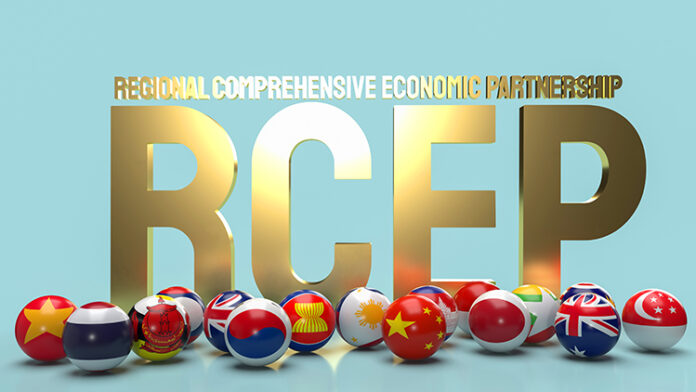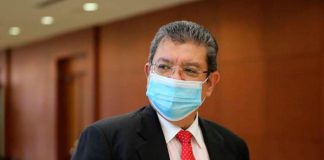MANILA, Feb 22 – The Philippine Senate on Tuesday ratified the Regional Comprehensive Economic Partnership (RCEP) trade agreement, meaning the ASEAN member has officially approved the pact, reported Xinhua.
Twenty senators voted for the agreement, paving the way for ratifying the world’s largest free trade area representing 30 per cent of the global gross domestic product (GDP). One senator abstained, and one voted against it.
The RCEP is a trade pact that consolidates ASEAN members’ existing regional FTAs with Australia, China, Japan, South Korea, and New Zealand into a modern, comprehensive, high-quality, and mutually-beneficial economic partnership agreement.
The agreement which entered into force on Jan 1, 2022, is a trade agreement involving Australia, China, Japan, South Korea, New Zealand, and the 10 members of the Association of Southeast Asian Nations (ASEAN) — Brunei, Cambodia, Indonesia, Laos, Malaysia, Myanmar, the Philippines, Singapore, Thailand, and Vietnam.
National Economic and Development Authority Secretary Arsenio Balisacan said the RCEP is a “vehicle that will drive the Philippine economy’s sustained growth through regional and global trade as well as greater investment in strategic sectors.”
“Being part of the RCEP will further enhance our market access, placing us at par with other RCEP-participating countries and the world’s largest economies, such as China, Japan, and South Korea, among others,” he added.
Balisacan said joining the RCEP will enhance the Philippines’ market access for key agri-based exports, as partner countries agreed to lower tariff rates on Philippine exports.
Philippine officials said the RCEP covers roughly 50.4 per cent of the Philippines’ export markets, 67.3 per cent of the country’s import sources, and 58 per cent of foreign direct investment.
In September 2021, then Philippine President Rodrigo Duterte ratified the RCEP agreement and brought it to the Senate for approval.
But the Senate failed to ratify the agreement in December 2021 before the free trade deal took effect on Jan. 1, 2022. In the Philippines, treaties or international agreements require the approval of the Senate in its ratification by the president.
Duterte’s presidential term ended in June 2022. Ferdinand Romualdez Marcos succeeded Duterte to be the 17th Philippine president.



















